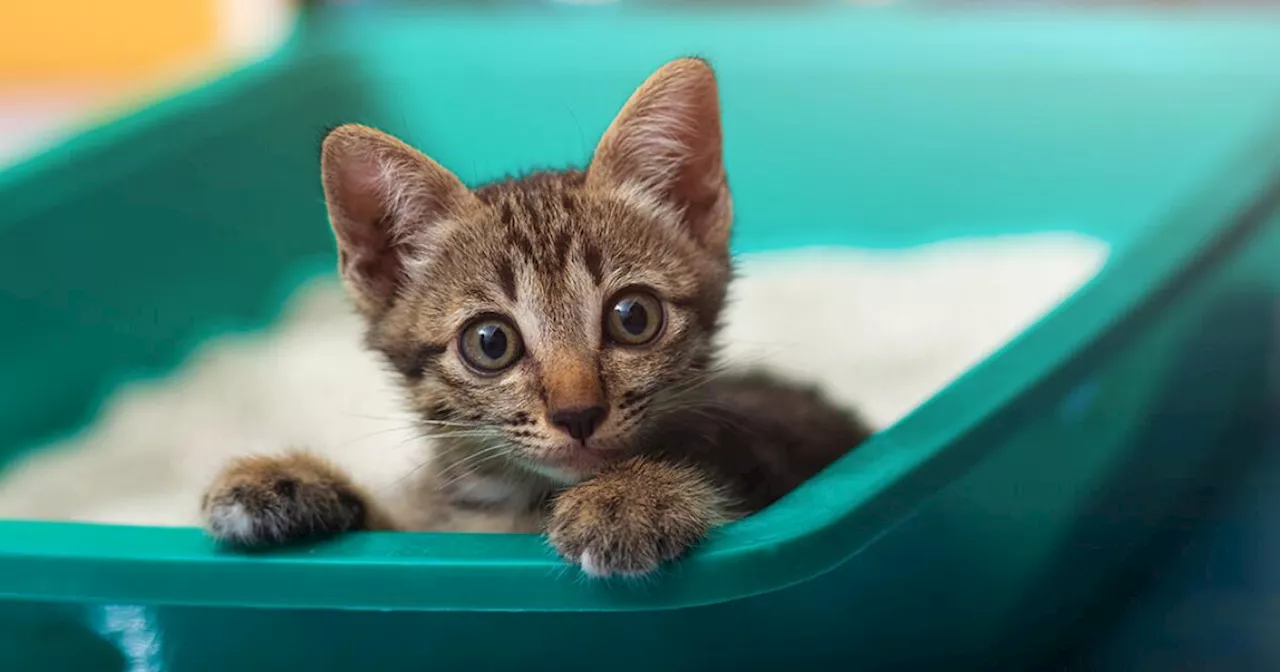Understanding why cats may stop using the litter box is crucial for maintaining a harmonious home. Various factors contribute to this behavior, including cleanliness, comfort, and health. Addressing these issues effectively not only keeps your cat happy but also reduces the likelihood of abandonment.
The Importance of a Clean Litter Box
One of the primary reasons cats eliminate outside their litter box is a dirty environment. Cats are naturally inclined to use a well-maintained litter box, having learned this behavior from their mothers during kittenhood. In fact, kittens typically begin using the litter box by their third week of life, following their mothers and mimicking their habits. For adult cats, litter box training usually involves simply showing them where the box is located.
Research indicates that a dirty litter box is the most common cause of inappropriate elimination. Just as humans find unsanitary conditions intolerable, cats prefer a clean space. Cats have a heightened sense of smell, making a dirty litter box particularly unappealing. If a cat feels confined to a dirty space, it may seek an alternative spot to relieve itself.
Choosing the Right Litter and Box
To foster good litter box habits, provide at least as many litter boxes as you have cats, plus one extra. These boxes should be placed in quiet and easily accessible locations, avoiding noisy or high-traffic areas. It is important to never startle your cat while it is using the box, as this could deter it from using it in the future.
When selecting litter, most studies show that cats prefer clumping clay litter. Maintaining a depth of at least 2-3 inches is advisable, and the litter should be completely replaced monthly. Daily scooping is essential to keep the box clean and inviting.
Not all litter boxes are created equal. Some cats may dislike covered or hooded boxes, so opting for traditional open designs may be more suitable. The variety of litter available can be overwhelming, from clay and recycled paper to options made from food ingredients like corncobs and walnut shells. While organic choices are appealing, they can mold if not maintained properly. Additionally, avoid scented litters, as they could be harmful or unappealing to cats.
Health Considerations and Environmental Impact
If a cat suddenly stops using a clean litter box, it is crucial to consult a veterinarian. Health issues, such as bladder infections, can lead to inappropriate elimination. Cats with bladder infections may have higher levels of ammonia in their urine, which can create unpleasant odors in the litter box. Ammonia, a colorless gas, poses health risks for both cats and humans, including respiratory issues and irritation.
It is also worth noting the environmental impact of disposing of cat litter. Some individuals attempt to flush cat litter and feces down the toilet, believing it to be a safe option. However, flushing cat waste can introduce the parasite Toxoplasma gondii into waterways, which is harmful to marine life. In California, this practice is discouraged, and legislation requires warnings on flushable cat litter packaging.
Preventing inappropriate elimination is significantly easier than addressing it once it becomes a habit. While not all causes are within our control, many are. Selecting the right litter, maintaining a clean box, and consulting with a veterinarian when necessary can lead to a happier, healthier cat.
By understanding your cat’s needs and preferences, you can ensure that your feline companion remains content and maintains a strong bond with your home.
